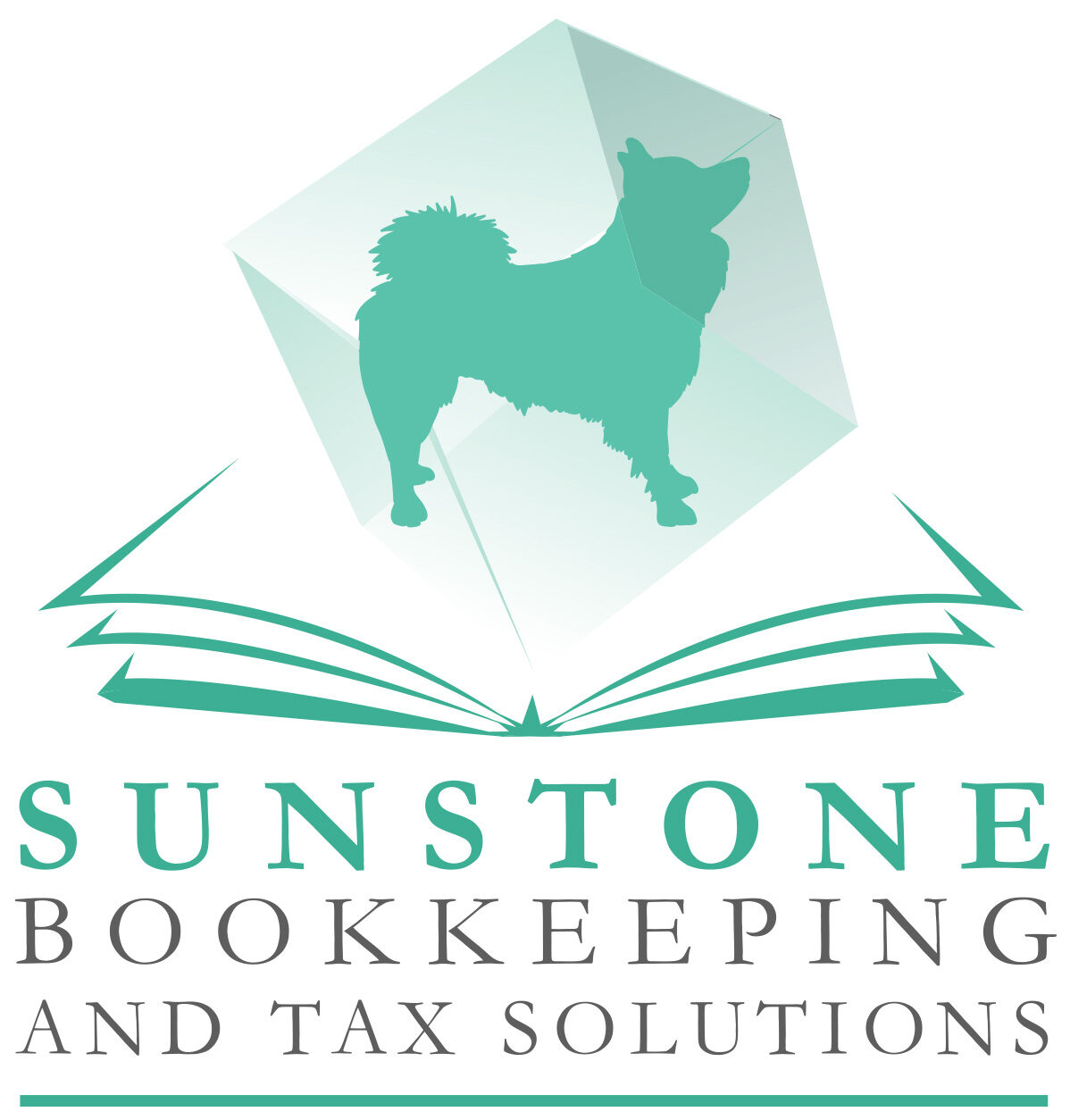
The good news for small businesses is that there aren’t a ton of changes to the tax rules for you to consider for your 2022 tax year filing, certainly fewer than for individuals. Below is a non-exhaustive highlight of things to keep in mind.
We are going to start with something that might have slipped under the radar for some: the requirements for third-party payment settlement networks, such as PayPal and Venmo, to send you and the IRS a Form 1099-K if you receive over $600 during the year for the sale of goods and services. Previously, that requirement kicked in at $20,000 and if you had more than 200 transactions. So, if you’ve had a small side-hustle selling for profit online, you need to be aware that not only has the obligation to report that income always existed, but now the IRS is much more aware of you receiving that income. (Accepting personal payments through channels like personal Venmo or PayPal’s “Friends and Family” option should not trigger a Form 1099-K filing. Important note: YOU SHOULD NOT use personal electronic payment options for business transactions; it’s a violation of the Terms & Services and could lead to you losing your account, not to mention possible penalties for underreporting your income if you forget to include them in your tax filing).
The phase out of the 20% self-employment income deduction for pass-through income begins at $340,100 in income for joint filers ($170,050 for all others) this year, rising from $329,800 ($164,900).
Standard Mileage Rates got an unusual two-stage bump for 2022; the rate for business was 56 cents per mile in 2021, increased to 58.5 cents for the first six months of the year, and increased again to 62 cents for the second half. Charity rates remain at 14 cents per mile (you get the feeling our lawmakers aren’t great fans of charities).
On the reporting side (as opposed to pure money items), the requirement for the completion of the K-2 and K-3 for partnerships and S-corps kick-in in full in 2022 after certain relief was granted in 2021. These schedules are meant to help partnerships and S-Corporations report certain international tax information to their partners so that the partners can better comply with their taxes. This is a complex topic so keep in mind if you have an interest in a partnership or S-Corporations, be sure to ask your tax preparer what you need to do.
If you took advantage of deferral of Social Security taxes as an employer, remember that the last half is due 31 December 2022. Don’t mess this one up; the penalties are steep.
Starting in 2023, bonus depreciation is limited to 80%, so if you want to take advantage of the 100% write off, make that acquisition by 31 December 2022.
If your business was impacted by a natural disaster (as declared by the federal government), consider accelerating any disaster losses and filing Form 4466 to apply for a quick refund of overpayment of estimated tax.
As in each year, think about year-end items to optimize Qualified Business Income deductions or look at how retirement plan changes could be beneficial.
Lastly, looking ahead to doing business in 2023, the 100% deduction for food bought in restaurants goes away; feel free to call your lawmakers on this one.
We’ll be back with some thoughts on key items to consider for 2023 for possible tax implications of your business decisions. While we believe that taxation implications rarely provide a good sole justification for a decision, we also know that knowing those implications can help you avoid bad tax outcomes and occasionally benefit from the tax code.
